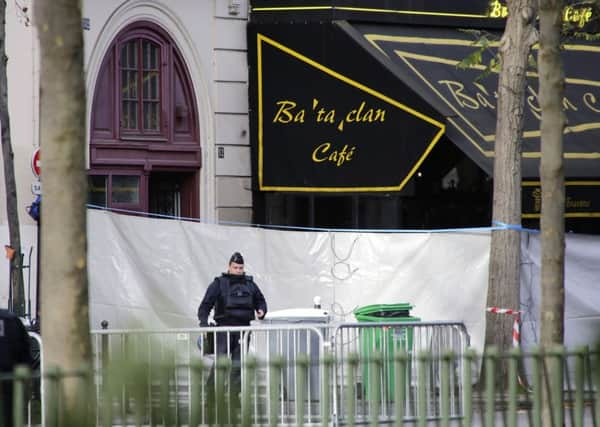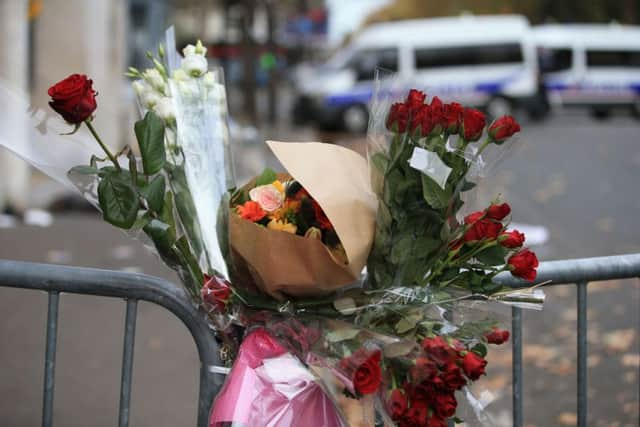It wasn’t just a ‘lone wolf’: IS attack raises stakes for West


French president Francois Hollande blamed the terrorist group for the outrage which killed at least 127 people.
Supporters and members of IS - also known as Isil - took to social media to praise the atrocity, using the hashtag “Paris is burning”.


IS later claimed responsibility for the atrocity.
Advertisement
Hide AdAdvertisement
Hide AdShashank Joshi, senior research fellow at the Royal United Services Institute, said a reference in its statement to “abominations and perversions” was particularly significant.
He said: “It is a statement that is as clear as any that they are motivated in large part by who we are and our values. What they consider perversions we consider liberalism.
“The statement about perversions is really important. It shows that even if we change foreign policy there are people who wish to murder us in large numbers.”
In terms of the death toll, level of planning and numbers of attackers involved, the strike on the French capital represents a ratcheting up of the group’s tactics in an attempt to inflict terror outside its power base in Syria and Iraq.
Advertisement
Hide AdAdvertisement
Hide AdUntil now operations linked to IS have tended to involve individual actors carrying out attacks in isolated locations.
The group’s prolific use of social media and a highly developed communications network has seen the threat of “lone wolf” attacks by those radicalised under the radar emerge as the key concern.
Security expert Charlie Winter said: “This is a different kind of attack to the ones we have seen more recently from Islamic State-inspired people.
“This would have taken a lot of planning. It all takes time and commitment to the cause.
Advertisement
Hide AdAdvertisement
Hide Ad“There could well be a lot more pressure on IS in Syria and Iraq but the overall goal of this is perception, putting itself at the front of the headlines.
“All of those things are achieved through carrying out attacks like this.”
He dismissed any suggestion that the Paris attack was a response to the reported killing of the militant known as Jihadi John, news of which emerged earlier on Friday.
“There’s no way it was planned in the space of 12 hours, no chance,” he said.
Advertisement
Hide AdAdvertisement
Hide AdThe self-declared Islamic State first received substantial attention on the international scene after taking over large areas of territory in Syria and Iraq last year.
It became infamous for its brutality and sparked global outrage by posting videos of executions of hostages on the internet.
Last year, the group formally declared a caliphate, which is a state governed under Islamic law.
Thousands of foreign fighters - including at least 700 Britons - have left their home countries to join the group.